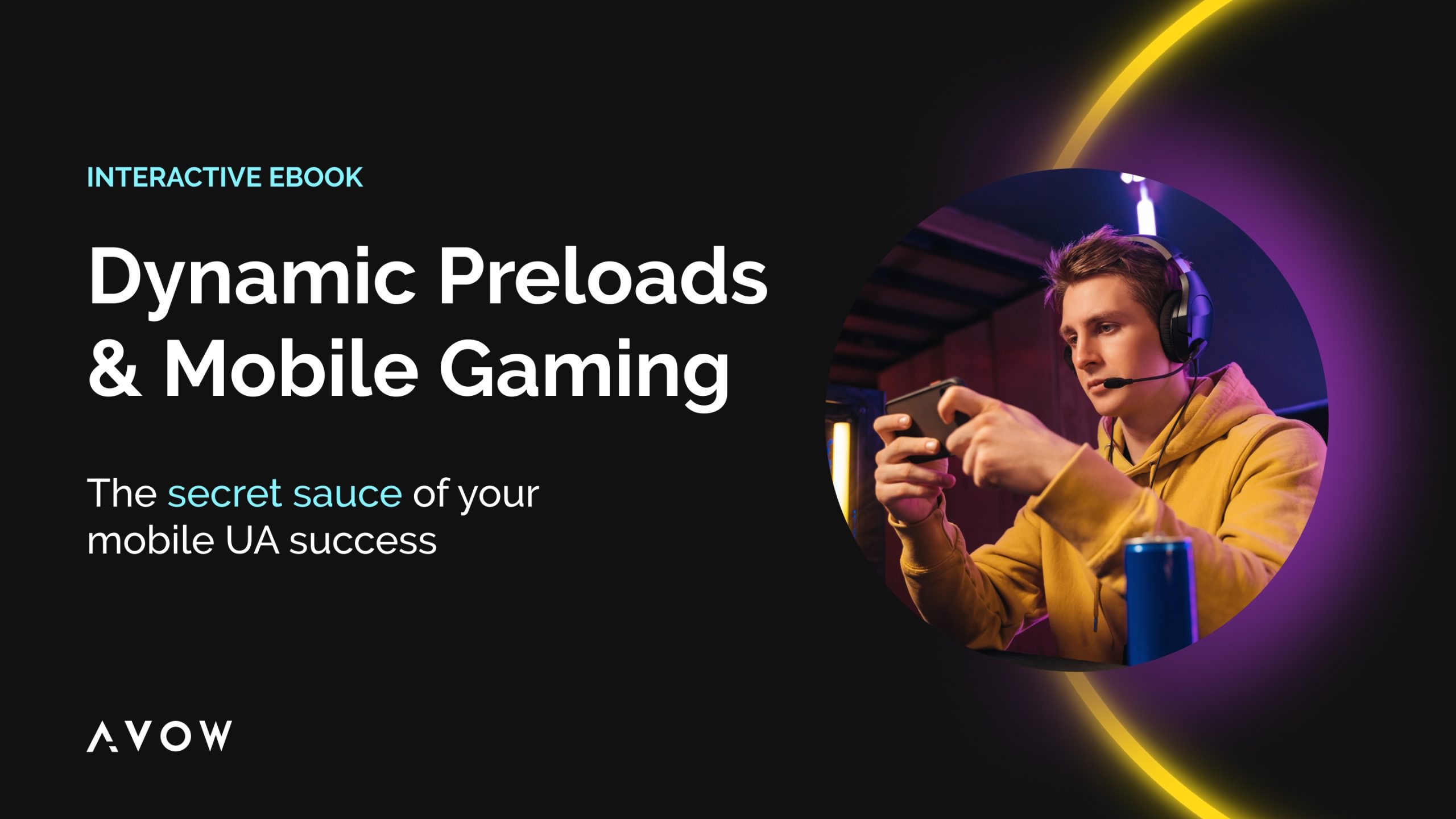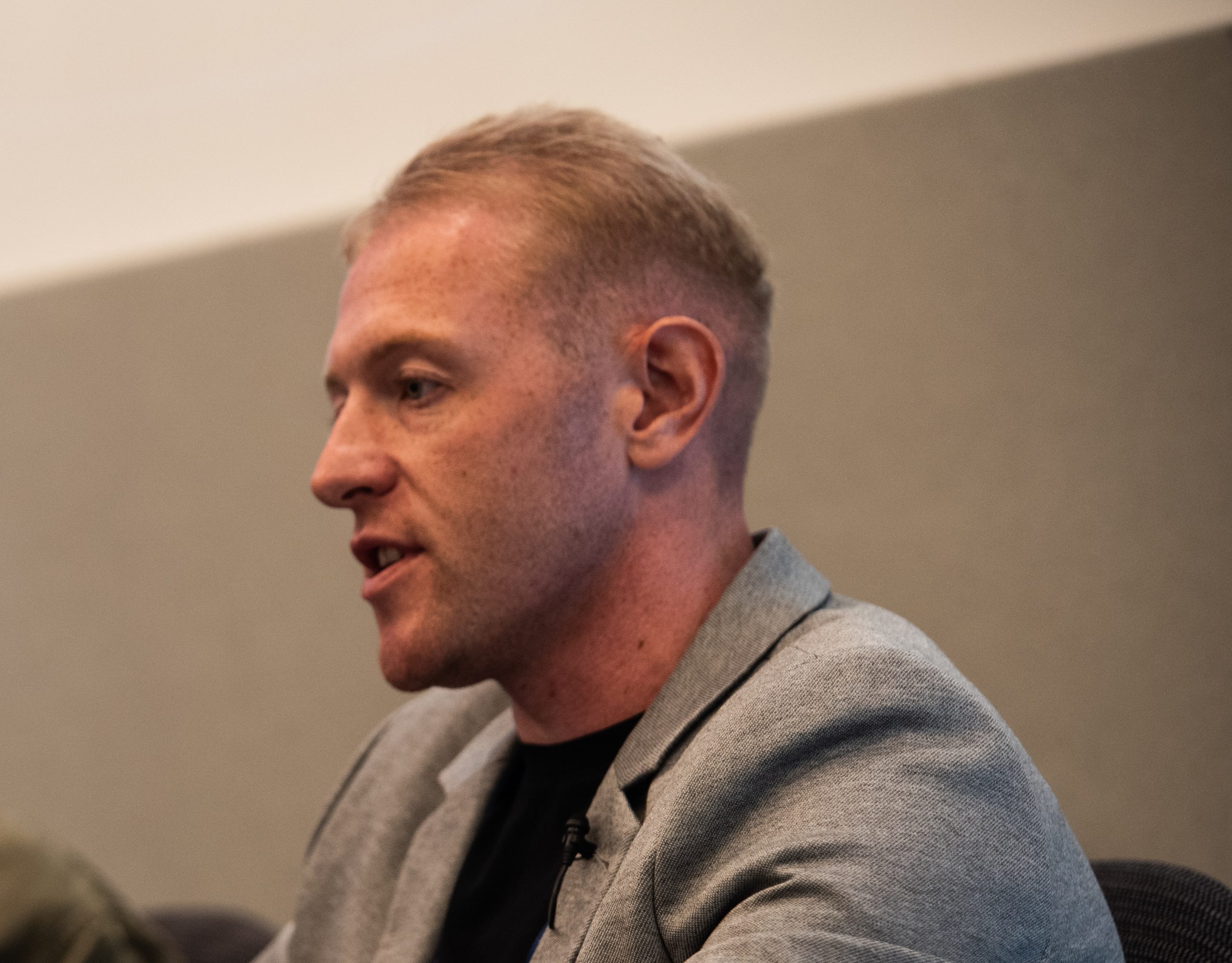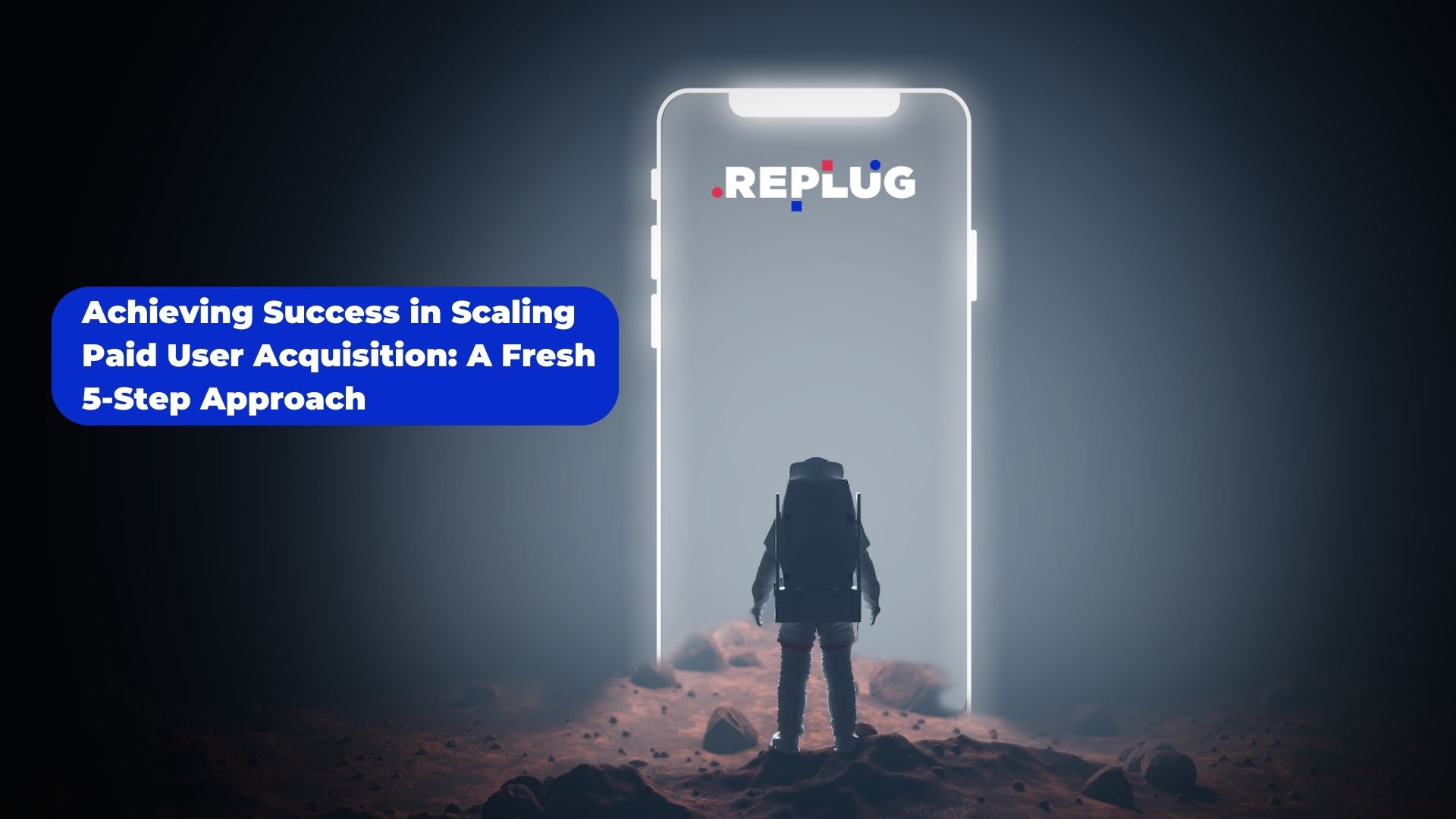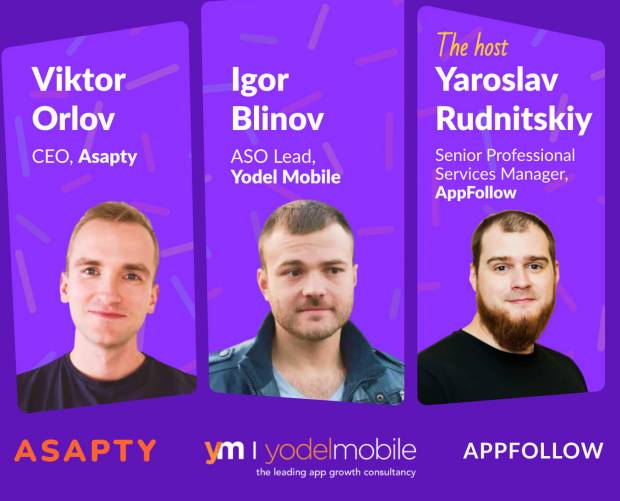A ticket to joined-up engagement and happy customers
- Friday, June 14th, 2019
- Share this article:
 In the light of recent ticketing fiascos, Ashley Murdoch, CEO of Corethree, outlines the many reasons why the entertainment industry should embrace mobile ticketing.
In the light of recent ticketing fiascos, Ashley Murdoch, CEO of Corethree, outlines the many reasons why the entertainment industry should embrace mobile ticketing.
Mobile devices are now an integral part of consumer lifestyle, and have become a hotbed for all kinds of services, not exclusively related to the entertainment space. Mobile apps are, in fact, one of the easiest ways to communicate with customers. Despite being frequently used in the retail and transport sectors, this direct and immediate channel has yet to reach its full potential when it comes to end-user engagement. Although the idea of location-based marketing and mobile advertising is not new, the vast majority of organisations are still on the back foot when it comes to targeting and talking to consumers on the device they keep close by them more or less at all times.
This rings particularly true with mobile ticketing. If we look back at the past couple of weeks, the news has made for a rather grim read. Music fans trying to gain access to We Are FSTVL in East London were reported collapsing in the heat after hours of queuing at the gates, due to fusty old methods of IDing guests at the doors. Some cricket fans missed the start of the game between Pakistan and the West Indies as they queued to collect tickets that had not been posted out on time, leading to mass revenue losses and reputational damages.
With an effective marketing strategy in place, a mobile device can become a powerful digital platform, enabling events operators to generate more revenue, not only during the event. But how can brands increase mobile engagement if we can’t even get our guests on-site? So far, the concept of an entirely connected concert experience has not been fully realised, and the time is ripe for the entertainment industry to seize the opportunity to create a dynamic venue-wide ecosystem that is fully supported by a robust mobile technology platform.
Going green: time to cut the paper
The origins of paper tickets go back hundreds of years, having been the most reliable way to assess the right to attend or participate… Just like banknotes were once the main way to pay for things. Just as we’re increasingly going down the cashless route, with consumers preferring a quicker, digital way to pay – look at what’s happening with WeChat Pay and Alipay – paper tickets are giving way to a newer and more secure way to identify any individual who’s in possession.
Aside from the inconvenience of having to queue to collect the actual ticket at the box office, paper tickets can be lost, misplaced or even worse, stolen. This is exactly what happened to Mark Challinor as recounted by the London Evening Standard.
Mark is a keen Liverpool FC fan and seasoned mobile marketer, whose creds include time at Mail Online, The Telegraph and Trinity Mirror (now Reach). His paper ticket to the Champions League Final was pilfered on his way to the long-awaited match. Reacting to the incident, Challinor said: “To have that opportunity snatched away so cruelly was not only heart-breaking but unnecessary. Mobile ticketing would have stopped my disappointment. It means one less thing to worry about, it’s personalised, your phone will likely be locked and not accessible to others, and it’s also more likely you will keep hold of your phone (you wouldn’t wave it around like a paper ticket for all to see).”
Perhaps more interestingly, mobile tickets allow for better customer identification and visibility across the whole ticket journey, preventing a phenomenon called ghosting. For the venue operator, “ghosts” are legitimate ticket holders who cannot be identified as “Mary Bennett” or “John Smith”, thus limiting the level of engagement that could be offered from a marketing perspective. With an account-based mTicketing solution, marketing operators can adequately and securely identify individuals through their mobile devices also leading to much better fraud prevention, a trend costing consumers a staggering 1.6m pounds every year, according to Action Fraud.
The untapped opportunity
Integrating an mTicketing app as a communication channel in the marketing mix has the capacity to not only enhance relationships with fans and boost revenue through increased engagement, but also creates new ticketing opportunities and business models for venues and artists alike.
With improved control over ticketing, new avenues can be explored, such as creating subscription models, which dominate other areas of entertainment, music consumption and retail. Mobile platforms can also be used by fans to buy merchandise ahead of the show or to offer VIP access for an additional fee – all paid for and processed instantly through the app. The potential for cross-selling via mobile technology is clearly boundless.
Real-time data from mobile apps can also be used to map consumer behaviour and help with crowd control and safety. An event operator can monitor and manage crowd levels, adapting queues within the building, and adjusting staffing levels, if, for example, a queue for one retail outlet is becoming unmanageable but at a different location in the stadium, the same retailer has no queue. Alternatively, the venue operator can encourage people to move across to the empty location by informing them where it is, that it’s not busy, and by rewarding them with the offer of a discount when they get there.
A joined-up experience
Although promotional offers are a great way to help drive increased profits for merchandise and hospitality providers within a venue, the most important value that mTickets provide is an improved service to consumers. From sending real-time information about anything that could potentially impact them on the day of the event, to optimising their experience from beginning-to-end with tailored engagement offerings, mTickets and apps are all about providing a personalised service for the fan in the audience that will enhance their experience and encourage repeat custom.
mTicketing has the potential to make an experience truly standout. Notifications can be sent counting down to the show, helping to build excitement. Real-time alerts about which entrance to use based on where the crowds are, help to reduce congestion. This is a joined-up ability that offers an intuitive, omnichannel experience, extending way beyond the actual concert. The ways in which we experience entertainment are constantly evolving, and while live events have historically maintained a similar format, now is the time for venue operators and event organisers alike to be acknowledging the benefits available from harnessing mobile technology.
















